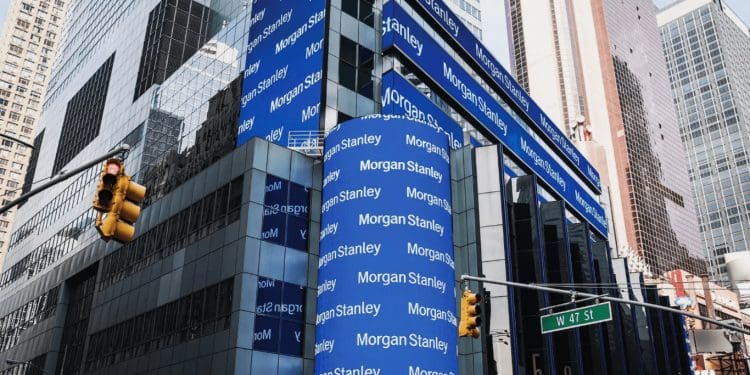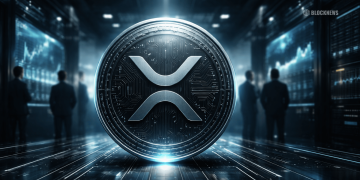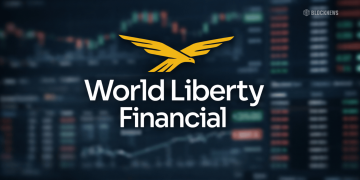- Morgan Stanley buys 83,803 shares worth $3.6 million from GBTC who hold actual bitcoin. This grants the Fund indirect exposure to Bitcoin.
- The Fund also warns its clients that it could suffer loss due to the volatility of the BTC price.
- Bitcoin’s adoption by commercial banks is supported by the Federal Reserve Bank and Bank of International Settlement who gave a greenlight with standards and recommendations.
With over $6 trillion in assets under management (AUM), Morgan Stanley is a global leader in investment banking and wealth management, and it now holds Bitcoin on behalf of its fund clients.
Through a filing by the Morgan Stanley Europe Opportunity Fund, the company disclosed that it acquired $3.6 million of Grayscale Bitcoin Trust (GBTC), which holds actual Bitcoin. The GBTC is a privately offered investment vehicle that gathers funds and invests them in Bitcoin.
The Fund bought 83,803 shares, valued at $1 million, directly linking it to Bitcoin. Therefore, investment in GBTC grants The Fund indirect exposure to the pioneer cryptocurrency.
The Fund invests mainly in high-quality established and developing European firms that the investment team feels are undervalued at the time of purchase to maximize capital appreciation. The investment team often prioritizes businesses it thinks we have sustainable competitive advantages that can be monetized through expansion to achieve its goal.
According to this bank’s officials, shares of GBTC were included in the holdings as a diversifier (in other words, to reduce the risk of the conventional portfolio). A Morgan Stanley official advised that they should commit at least 1% of their portfolio to Bitcoin.
Based on the accounting policies in the filing, The Morgan Stanley Europe Opportunity Fund may invest up to 25% of its total assets into a Subsidiary that it will fully own. Through this Subsidiary, The Fund may indirectly invest in crypto either through investment in GBTC or cash-settled futures. At the time of writing, the Subsidiary equates to 0.84% of the Fund’s total assets.
Additionally, the Fund warned that the exposure of the GBTC to cryptocurrencies could cause losses to the Fund, stating that:
“The price of bitcoin could drop precipitously (including to zero) for various reasons, including, but not limited to, regulatory changes, a crisis of confidence, flaw or operational issue in the bitcoin network or a change in user preference to competing cryptocurrencies.”
This comes after the Federal Reserve Banks allows commercial banks to offer crypto-related services, stating:
” Banking organizations are neither prohibited nor discouraged from providing banking services to customers of any specific class or type, as permitted by law or regulation. The agencies are continuing to assess whether or how current and proposed crypto-asset-related activities by banking organizations can be conducted in a manner that adequately addresses safety.”
The Bank of International Settlements also allowed commercial banks to hold between 1% to 2% of their tier 1 capital in crypto. Its committee released a finalized set of standards which states that “a bank’s total exposure to Group 2 crypto assets should not generally be higher than 1% of the bank’s Tier 1 capital and must not exceed 2% of the bank’s Tier 1 capital.”
This has paved the way for cryptocurrency to enter the managed funds space, which has also seen the addition of Bitcoin by BlackRock, a global investment management company, into their Global Allocation Fund. The Fund is highly preferred by ordinary and passive investors who desire diversity in their investment portfolios.
The Fund’s investment in GBTC has seen a rise in GBTC premium and bitcoin prices. The amount invested may be smaller, but it works psychologically by bettering GBTC’s reputation and increasing bitcoin’s demand and, thus, prices.














